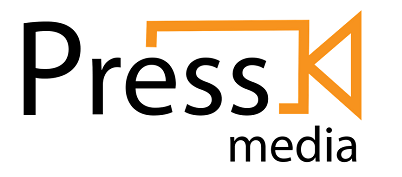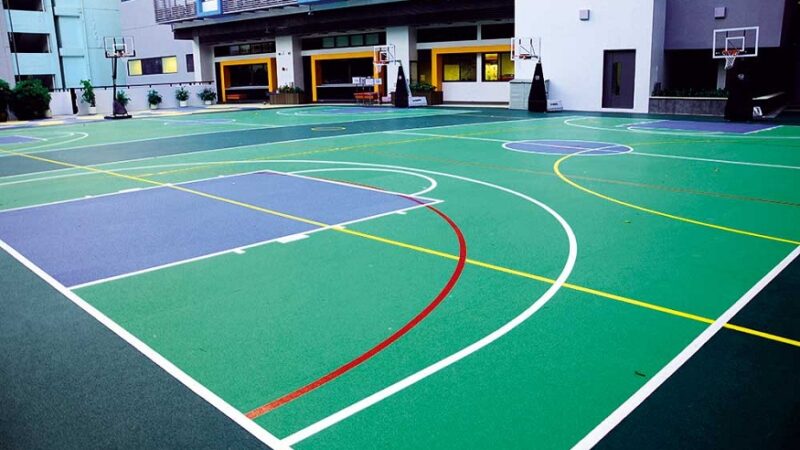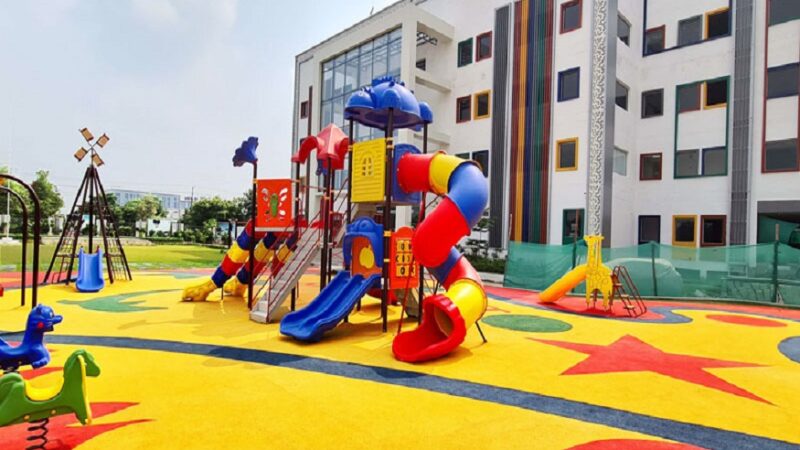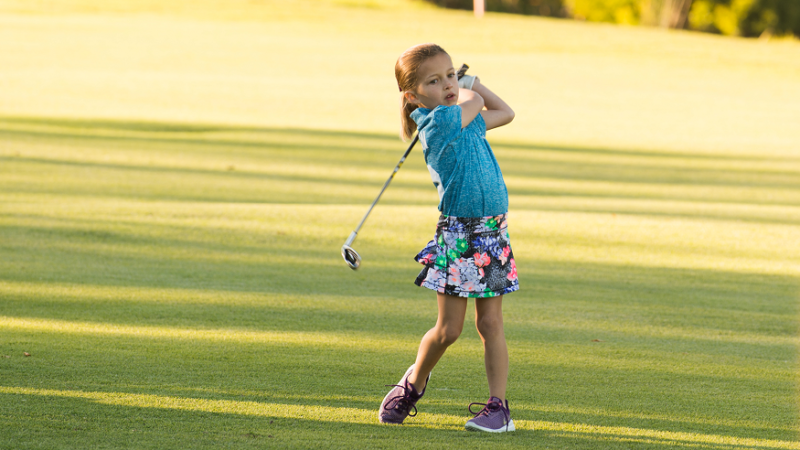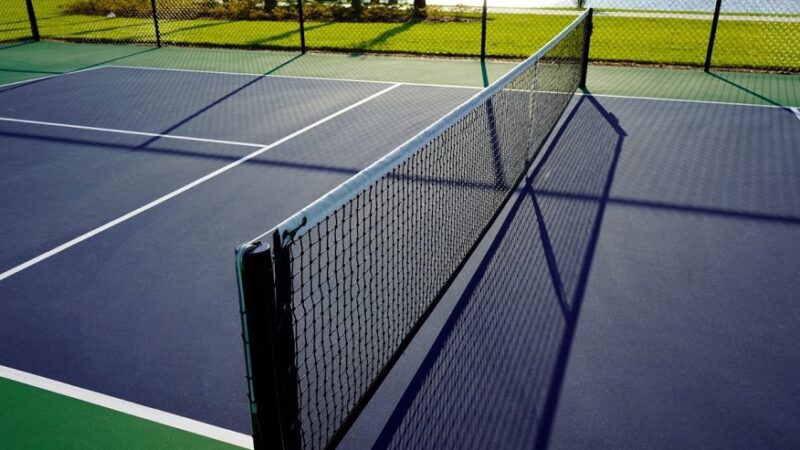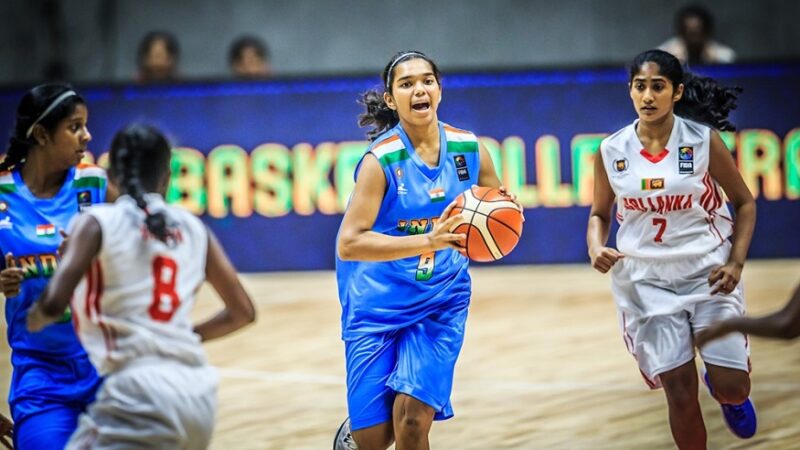Pickleball Referee Signals: Decoding Officiating Gestures
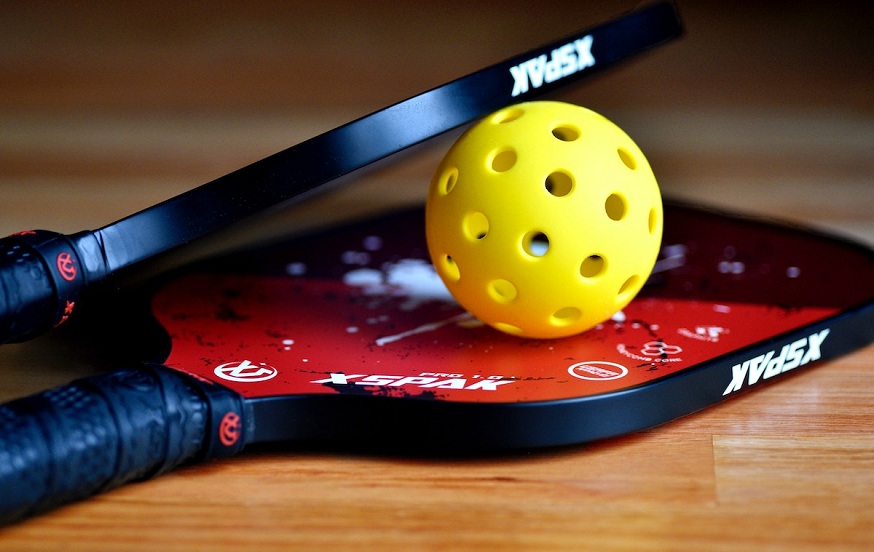
Pickleball, a game lauded for its fair play, relies significantly on referee signals to maintain integrity. Understanding and interpreting these signals contribute immensely to the sport’s essence.
I. Introduction to Pickleball Referee Signals
Importance of Officiating Gestures in Pickleball
Highlighting the role of referee signals in ensuring fair play and resolving disputes.
Understanding Referee Signals’ Role in Fair Play
Emphasizing how these gestures uphold the sport’s standards.
Read more: Can You Jump and Land in the Kitchen in Pickleball?
II. Common Pickleball Referee Signals
Hand Gestures Used by Referees during Matches
Exploring the primary signals used by referees and their meanings.
Significance and Interpretation of Key Signals
Detailing how specific gestures influences gameplay decisions.
III. Execution and Timing of Signals
Proper Techniques for Making Clear Signals
Guidelines for referees to execute clear and easily understandable signals.
Timely Use of Gestures during Gameplay
The importance of well-timed signals and their impact on match dynamics.
IV. Role of Referees in Maintaining Game Integrity
How Referee Signals Influence Gameplay Decisions
Highlighting how these gestures influence calls and players’ actions.
Promoting Sportsmanship and Fair Play through Gestures
Illustrating how these signals foster a sportsmanlike environment on the court.
V. Decoding Advanced Referee Signals
Exploring Less Common but Crucial Gestures
Delving into advanced signals that might be less familiar to players.
Understanding Nuances in Officiating Signs
Highlighting subtleties and nuances in signals that hold significance.
VI. Conclusion
Understanding and decoding referee signals not only facilitate smoother gameplay but also uphold the values of fair play and sportsmanship, integral to Pickleball.
FAQs
- Are referee signals standardized across all Pickleball tournaments?
- Yes, there is a universal understanding of signals among referees, ensuring consistency.
- How do players learn and interpret referee signals?
- Players often familiarize themselves through practice, tournaments, and rulebooks.
- Can players challenge a referee’s call based on misinterpreted signals?
- Players can request clarification but must respect the final decision made by the referee.
- Are there non-verbal signals used by referees for communicating with players?
- Yes, referees may use gestures for informal communication during the game.
- Do referee signals vary in doubles compared to singles matches?
- The fundamental signals remain consistent, but certain gestures might apply differently in doubles matches.
